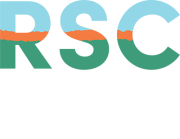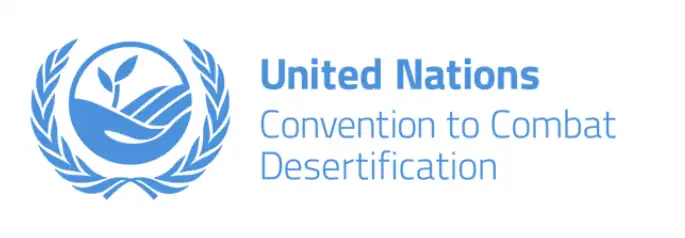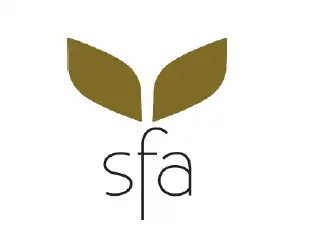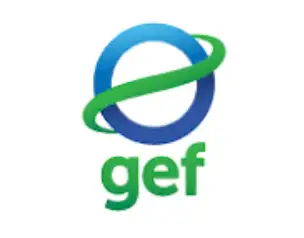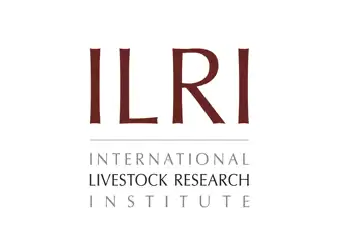Projects
Our projects and collaborations play a key role in the way we address challenges and strive to ensure the sustainable future of our rangelands. Recognising the importance of research in facilitating informed decision-making, we actively maintain strong connections with the research community. Engaging in collaborative projects, we unite a diverse range of stakeholders.
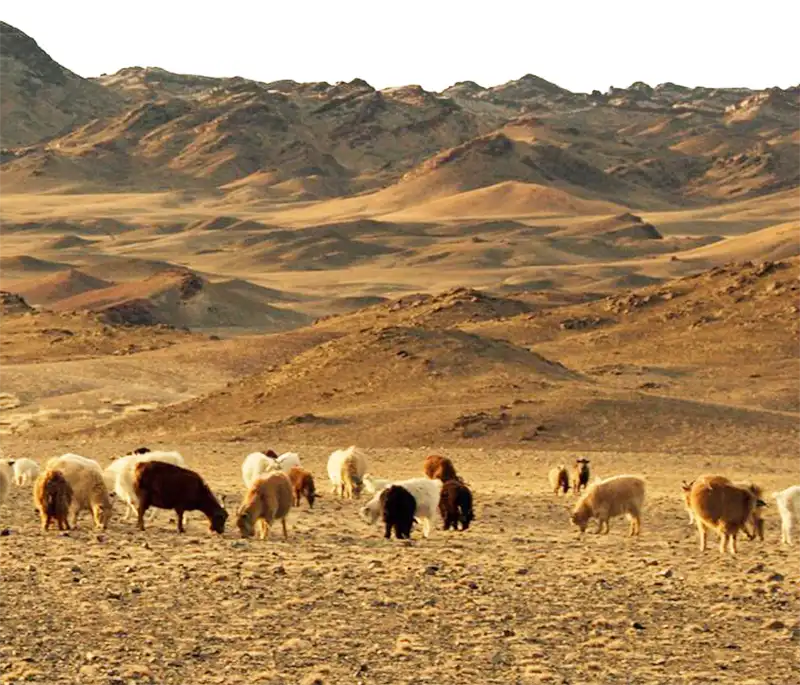
Global Rangelands Standard
Central to the RSC’s mission is the commitment to establish a global benchmark for responsible rangeland management through the creation of a unified standard—the Global Rangelands Standard (GRS).
This comprehensive standard aims to promote best practices worldwide, focusing on herder representation, traceability, carbon sequestration, culturally attentive practices, human health and wellbeing, animal welfare, gender equality, and effective land management. The vision is to create a sustainable framework that recognises responsible land stewardship and brings together environmental, social, and economic considerations.
Global Rangelands Standard

Objective: The aim of the GRS is to establish a fundamental set of principles and indicators to achieve the following environmental, economic and social goals:
- Minimise the environmental impact of rangeland production and enhance biodiversity conservation with rangeland stewardship standards. This involves developing and implementing effective global solutions that are adaptable to local contexts.
- Enhance livelihoods, economic growth, and income diversity among herders by fostering innovations in the value chain that support their livelihoods.
- Increase global awareness of sustainable production and consumption of rangeland products and promote greater commitment to and integration of sustainable rangeland products across supply chains.
Key Principles:
- Compliance with Laws - This principle ensures adherence to all applicable laws at supra-national, national, state and local levels.
- Establish Indigenous People and Local Communities Framework - The framework seeks to promote resilience and sustainable coexistence between local and indigenous communities and the agriculture sector.
- Effective Management - Indicators within this principle serve to monitor and assess progress against production criteria, ensuring accurate maintenance and systematic reporting of field-level data.
- Decent Work Standard - The primary objective of this principle is to ensure that hiring practices are conducted to uphold the principles of non-discrimination, fairness, and respect for workers' rights.
- Adoption of Rangeland Stewardship - The principle seeks to implement sustainable practices to ensure that land users understand the importance of natural resources, how to safeguard them, and how to manage grazing to preserve soil health, prevent pasture degradation, and minimise conflicts with wildlife.
The GRS includes requirements aimed at safeguarding rangeland health through collaborative efforts with other stakeholders. This collaborative approach is evident in the extensive consultations held prior to the standard's publication and its structured compatibility with existing standards. Notably, the GRS does not replace current commodity standards but serves as a framework for enhancing collaboration among them, thereby achieving more significant collective impact.
For further details on collaborations and consultations, contact us at info@rangelandstewardship.org
The GRS is developed in partnership with the UNCCD, the SFA, and with the support of rangeland stakeholders. It is supported by the Global Environment Facility-funded STELARR (Sustainable Investments for Large-Scale Rangeland Restoration) Project, which is implemented by IUCN and executed by ILRI and partners.

Take part in the GRS consultations.
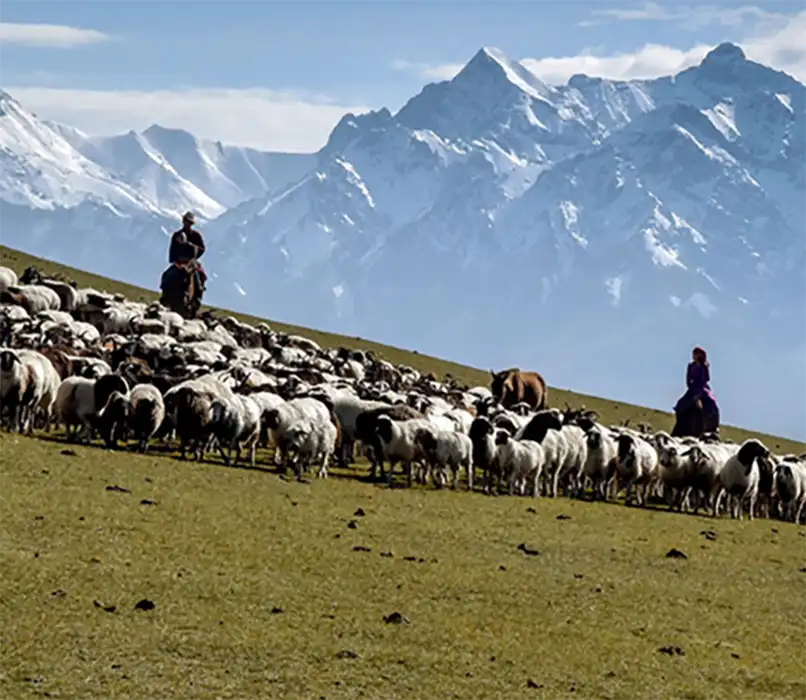
Landscape Verification
Project ✔
This project aims to develop a comprehensive Monitoring, Evaluation, and Learning (MEL) framework using a landscape-based approach.
In collaboration with local and international partners as well as local government entities, the RSC is testing this approach to monitor environmental impact at the ecosystem level. The initiative seeks to provide valuable insights into the implementation of a holistic multi-stakeholder MEL framework for global rangeland ecosystems.
Landscape Verification Project ✔

Objective: The Landscape Verification Project aims to develop a comprehensive, robust and effective Monitoring, Evaluation, and Learning (MEL) framework using a landscape-based approach.
By collaborating with local and international partners as well as local government entities, the RSC is testing this approach to monitor environmental impact at the ecosystem level. This initiative seeks to provide valuable insights into the implementation of a holistic multi-stakeholder MEL framework for global rangeland ecosystems. It will enable the RSC to refine methodologies and establish a framework that meets global standards while taking into account landscape and jurisdiction-level factors.
For more information about the Landscape Verification Project, contact us at info@rangelandstewardship.org
The Landscape Verification Project is supported by ISEAL (International Social Environmental Accreditation and Labelling) and conducted in collaboration with the SFA (Sustainable Fibre Alliance).

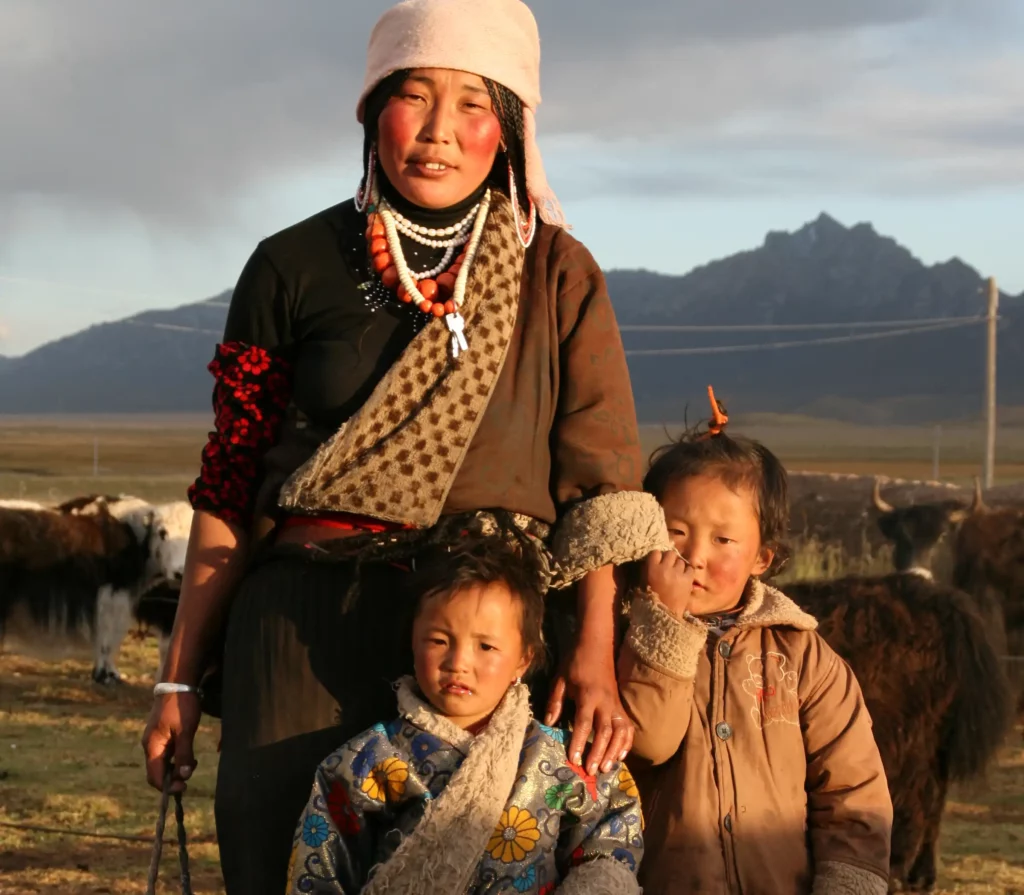
Rangeland Research
Decent Work, Gender and Family Health
The findings from the Rangeland Research on Decent Work, Gender and Family Health provide a critical foundation for informing the development of a rangeland standard.
By understanding the nuances of family roles, social dynamics, and the specific contributions of women herders, the aim is to integrate these insights into a standard that is sustainable, inclusive and responsive to the diverse needs of pastoral communities.
Rangeland Research Decent Work, Gender and Family Health
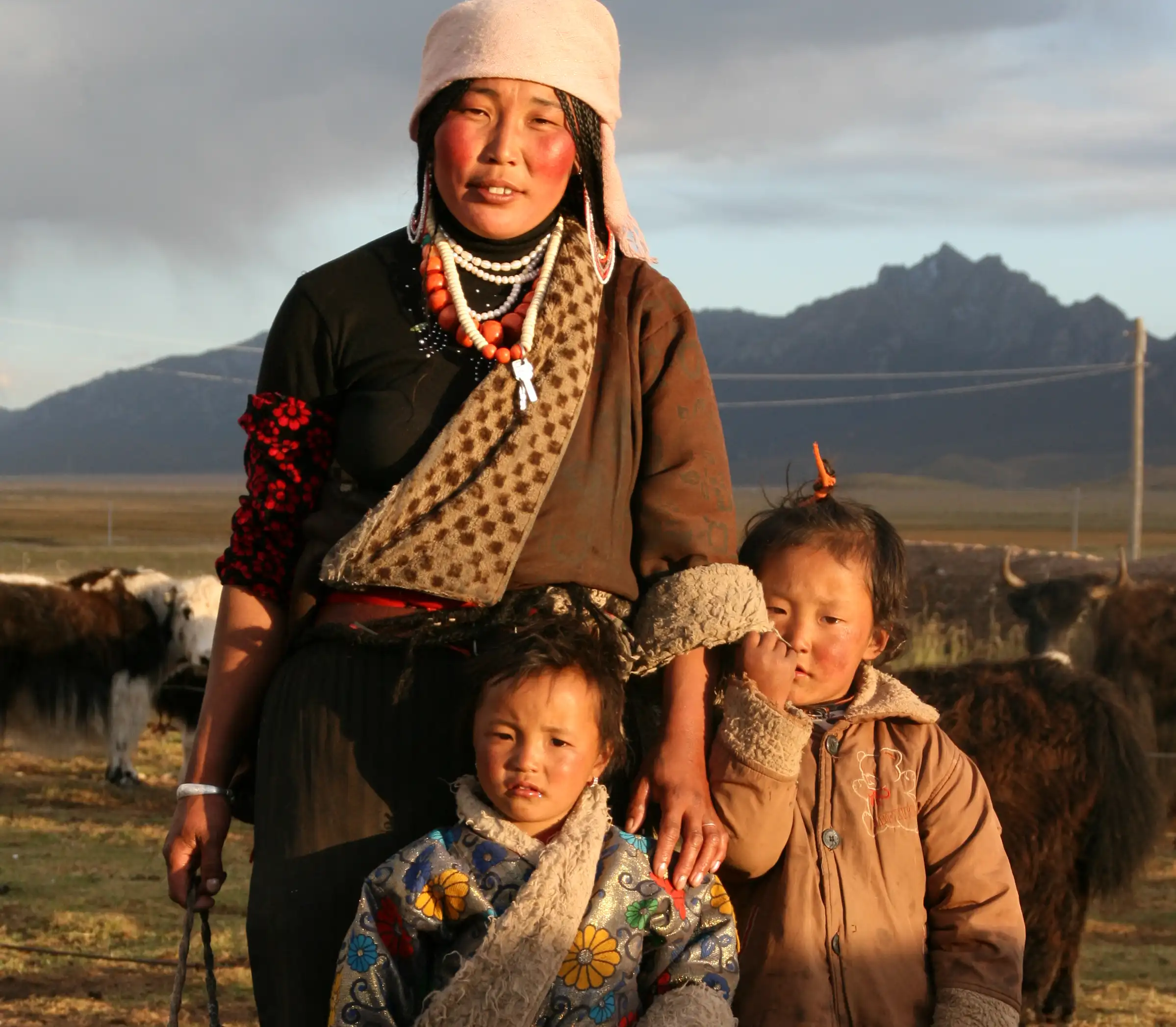
Objective: The Rangeland Research on Decent Work, Gender and Family Health aims to provide a critical foundation for developing a rangeland standard that is sustainable, inclusive, and responsive to the diverse needs of pastoral communities.
Key Focus Areas:
- Decent Work - Evaluating the quality of work conditions for herders, including fair wages, safe working environments, and reasonable working hours.
- Gender Dynamics - Understanding the roles and contributions of women in herding communities, their participation in decision-making processes, and their access to resources and opportunities.
- Family Health - Assessing the impact of rangeland management on family health, including access to healthcare, nutrition, and overall well-being.
Research Methodology:
- Consultation - Engaging with local communities through consultations to gather firsthand insights and experiences.
- Surveys and Interviews - Conducting surveys and interviews with herders to collect data on work conditions, gender roles, and family health.
- Field Observations - Observing daily activities and interactions within herding communities to understand the practical implications of rangeland management practices.
Findings and Implications: The research findings highlight the critical role of women in herding communities, often balancing multiple responsibilities including herding, household management, and caregiving. The insights gathered underscore the need for the rangeland standard to:
- Ensure equitable work conditions for both men and women.
- Promote gender inclusivity in decision-making processes.
- Enhance access to healthcare and social services for families.
For a detailed analysis and complete findings, contact us at info@rangelandstewardship.org for the full report.
This research was conducted in collaboration with the Sustainable Fibre Alliance (SFA), Colorado State University, and the Nutag Action Research and Training Center.

PARTNER PROJECTS
Our esteemed partners are leading the way in advancing rangeland stewardship through a variety of exceptional projects. These initiatives showcase dedicated approaches and sustainable preactices that preserve and enhace our rangelands and biodiversity, while also safeguarding livelihoods.
STELARR Project
The overall objective of the Sustainable Investments for Large-Scale Rangeland Restoration (STELARR) project is “to reverse rangeland degradation and improve productivity of rangelands globally through sustainable livestock value chains, and thereby reduce poverty and secure livelihoods, with inclusive benefits to women and youth”.
IYRP Initiative
The International Year of Rangelands and Pastoralists aims to raise awareness and advocate for the value of healthy rangelands and sustainable pastoralism, as well as advocating for the need to further build the capacity of and increase responsible investment in the pastoral livestock sector.
B4L Strategy
The Business4Land strategy, presented by UNCCD during the World Economic Forum 2024 in Davos, seeks to mobilize the power of the private sector to advance Land Degradation Neutrality by enabling transition from our current extractive and extensive land-use models towards sustainable land management.
BIA for Mountains & Islands Programme
The Business Incubator and Accelerator (BIA) for Mountains and Islands programme aims to increase mountain and island communities’ resilience by supporting innovative entrepreneurship in agricultural and textile value chains through the provision of grants, technical assistance and capacity development.
Tell us what you think.
Share your thoughts on our projects and find out how you can
make a difference!

